November 5, 2020
Leadership in a new age of virtuality
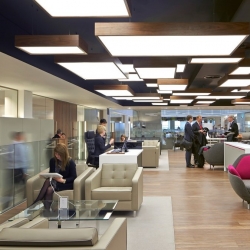 We are living through a fundamental transformation in the way we work. The pandemic has forced organisations to go virtual. New government guidelines, including a tiered alert system, suggest that this will be the norm for the foreseeable future. But step back from the noise and it is easy to see how the current crisis is simply accelerating the inevitable. A confluence of forces, including advancements in technology and infrastructure, increasing globalisation, shifting demographics and COVID-19, has enabled greater connectivity and mobility, making obvious to organisations, their leadership and individuals the wisdom of adopting flexible work models. More →
We are living through a fundamental transformation in the way we work. The pandemic has forced organisations to go virtual. New government guidelines, including a tiered alert system, suggest that this will be the norm for the foreseeable future. But step back from the noise and it is easy to see how the current crisis is simply accelerating the inevitable. A confluence of forces, including advancements in technology and infrastructure, increasing globalisation, shifting demographics and COVID-19, has enabled greater connectivity and mobility, making obvious to organisations, their leadership and individuals the wisdom of adopting flexible work models. More →




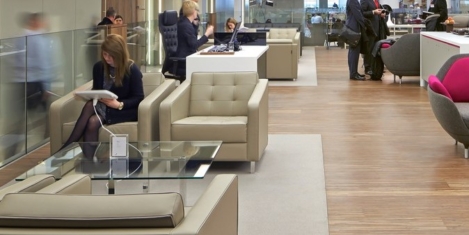


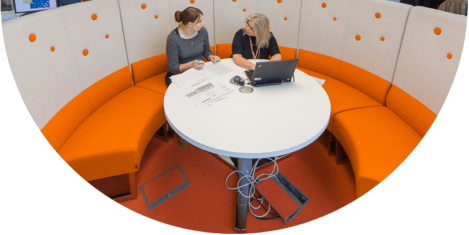
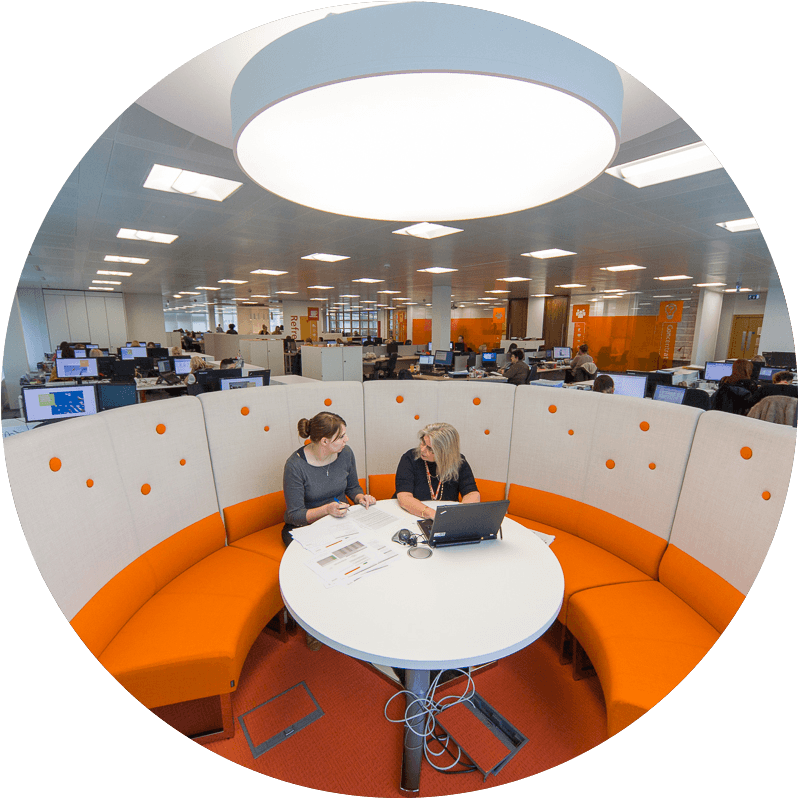
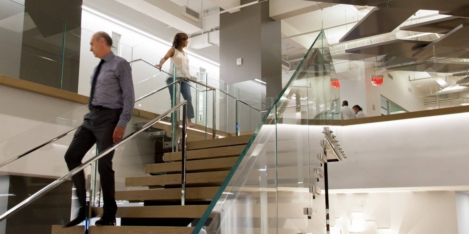
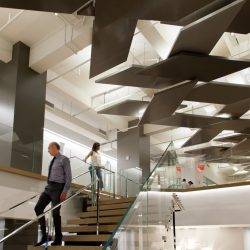




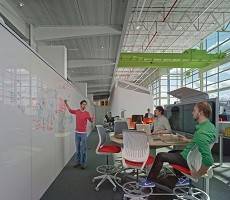
















December 16, 2023
Hybrid working: the importance of having the right strategy
by Andrew Mawson • Comment, Flexible working